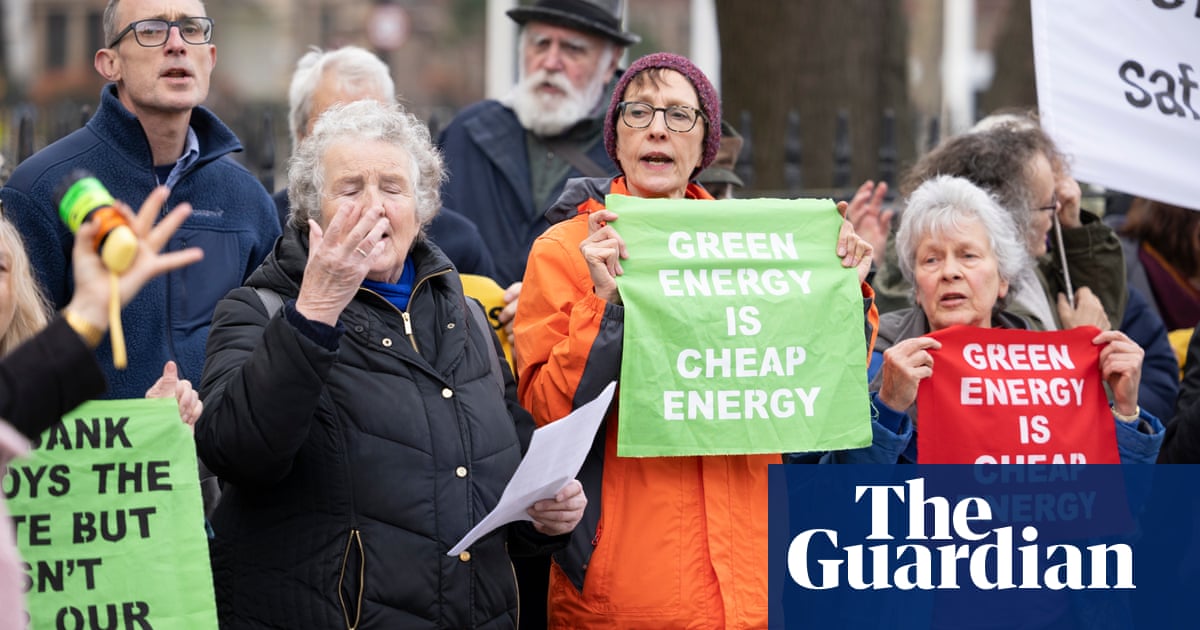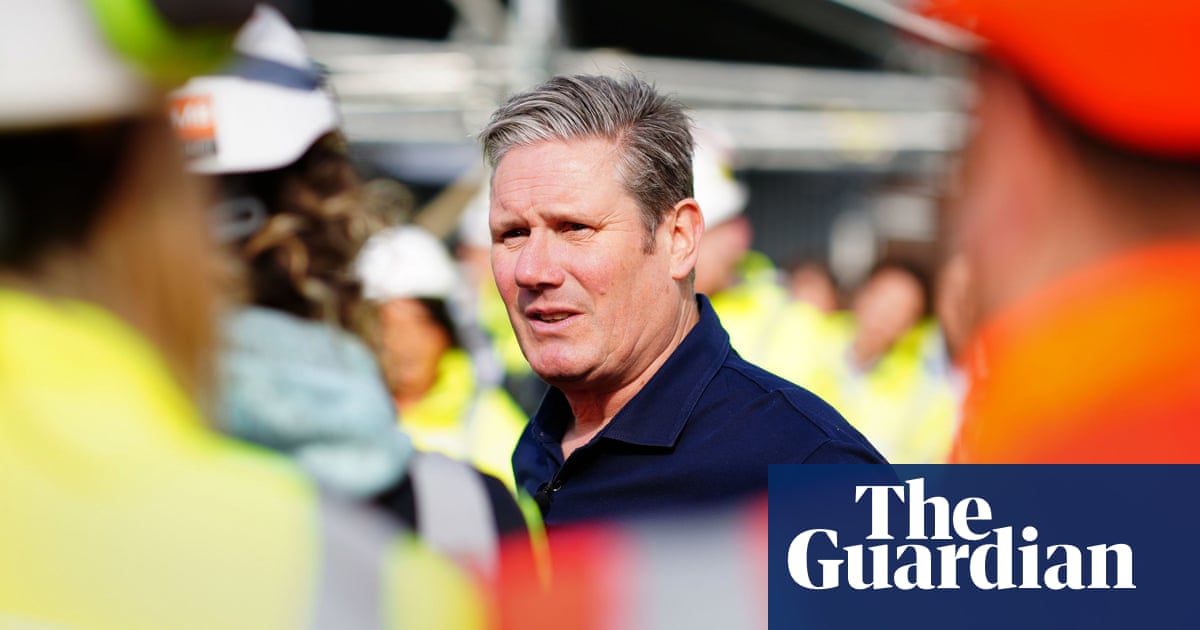
Discussions about dismantling Natural England have sparked anxiety, with experts fearing this would further damage efforts to protect wildlife and reach net zero.
Campaigners have raised the alarm after spotting the proposal buried in a recent government consultation on nature recovery, which was sent to stakeholders.
Craig Bennett, the chief executive of the Wildlife Trusts, said that “various ministers are a bit obsessed” with absorbing the conservation watchdog into the Department for Environment, Food and Rural Affairs (Defra), in effect destroying it.
A government spokesperson confirmed that this was being considered, though no firm decisions had been made.
Wildlife experts fear this is the final nail in the coffin for the government’s “critical friend”, and will mean there is less scrutiny of the actions ministers take on nature and the environment.
The conservation watchdog, set up in 2006, lost its independence from Defra under the Conservative government.
However, though underfunded and not independent, it plays a crucial role in making the case for biodiversity and protecting England’s most important habitats.
Its responsibilities include looking after the country’s most important wildlife sites, paying farmers to protect wildlife and advising on planning applications. The body, led by the former Friends of the Earth campaigner Tony Juniper, is responsible for the maintenance of many carbon-rich habitats such as peatlands, wetlands and woodlands, which will be a key component of reaching net zero targets.
A government spokesperson did not deny rumours that Natural England could be absorbed into the government.
They said: “We have ambitious plans to deliver for nature, and our arm’s-length bodies [ALBs] have a key role to play in this.
“It is right we ensure our ALB landscape supports this ambition, and there is a possibility that changes could be made to the current structure – however, no decisions have been made and, if and when a decision is made, it will expressly be with the aim of strengthening our ability to deliver for nature.”
Juniper has not challenged the idea, and said: “The green paper rightly considers all options for improving delivery for nature, including reform of arm’s-length bodies.” He recommended an overarching nature strategy for Defra.
Over the past decade, Natural England has lost its ability to hold the government to account. Conservation charities raised the alarm in 2012 when the watchdog was deprived of its independent online presence, as well as its own press office, with all its announcements and information being disseminated via the government. In 2018, its former chair Andrew Sells confirmed the body was no longer independent.
Bennett said: “We’ve spoken to ministers about how incredibly concerned we would be about any proposals that would weaken arm’s-length bodies.
“It’s also depressing they are wasting time on this. What the government needs to do is focus on delivering the Environment Act. Instead, there seems to be an obsession with moving furniture around Whitehall. If they’re not careful it’s going to be like moving deckchairs around on the Titanic while we face massive crises.”
To tackle the nature and climate crises, Bennett argued that the body needed more money and independence, not less.
He said: “They need to be increasing funding to Natural England, give them more money and more power – instead of going in 100% the wrong direction.”
Kate Ashbrook, the chair of the Open Spaces Society, agreed. She said: “We are concerned about Defra’s proposal to consolidate the Defra group’s arm’s-length bodies. Over recent years Natural England has been sucked closer and closer to government, no longer having its own website and press function. We need it to be strengthened, not weakened, and to be given greater independence to act as government’s critical friend.”












